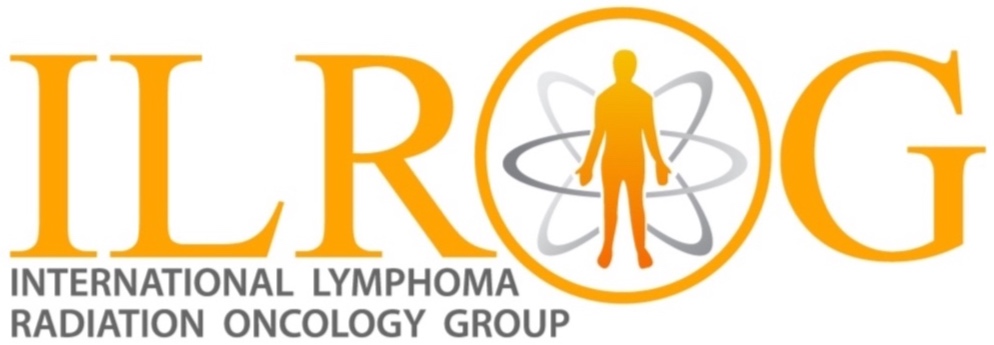ILROG Consortium Clinical Trials
Trial to assess the Efficacy of Low Radiation Dose of 20 Gy for the Treatment of Marginal Zone Lymphoma or Follicular Lymphoma Stage I-II localized in the Stomach or the Duodenum
Synopsis: Current knowledge tells us that RT doses from 20 to 40 Gy reach a consistent tumor control in a variety of (extra-)nodal indolent lymphoma. In this trial the effectiveness of 20 Gy will be verified for gastric/duodenal indolent lymphoma in a prospective stratified design using the modern radiation technique ISRT. This trial addresses the research question, if 20 Gy ISRT is not relevantly inferior to the currently recommended standard dose of 30Gy. The primary objective is to demonstrate the efficacy and safety of the low-dose RT concept with 20 Gy (2 Gy x 10 fractions) in indolent lymphomas of the stomach and duodenum.
Principal Investigators: Dr Gabriele Reinartz and Dr Hans Eich (University of Münster)
Institutions Actively Recruiting: University of Münster, Bejing Cancer Hospital, Essen University, Gießen Marburg University, Heidelberg University, Mönchengladbach, München TU, Tübingen University, Kiel University
Study of Dose-Reduced Consolidation Radiation Therapy in Patients with Diffuse Large B-cell Lymphoma
Synopsis: This phase II study will evaluate whether a reduction in the dose of consolidation RT in patients who achieve a negative post-chemotherapy PET-CT scan following 3 to 6 cycles of chemoimmunotherapy, will be associated with a low risk of in-field failure. The goal of this approach is to maintain excellent control rates while minimizing the risk of acute and late toxicity. The hypothesis is that fter more effective systemic therapy (employing rituximab), and confirmation of optimal response to chemotherapy (negative post-chemotherapy PET-CT), the RT dose can be safely reduced from 30 Gy to 20 Gy while maintaining high rates of local control.
Principal Investigators: Dr Chris Kelsey (Duke)
Institutions Actively Recruiting: Duke, MD Anderson Cancer Center, Yonsei Cancer Center, Juntendo U, SingHealth, University of Rochester, Mayo Clinics, Dana-Farber/BWH
Multi-Institutional Study of Low-Dose (2Gy x 2) Palliative Radiotherapy in the Treatment of Symptomatic Bone metastases from Multiple Myeloma
Synopsis: Because multiple myeloma patients have multiple bone lesions and live for an extended period of time with bone lesions, many patients have more than one course of palliative RT for bone pain. Shorter courses of therapy are not only more convenient for patients and their families, but they also have less impact on timing of systemic therapies. The primary objective of this study is to determine whether treatment with 2Gy x 2 to a painful myeloma bone lesion achieves patient-reported pain reduction comparable to historical controls at 4 weeks.
Principal Investigators: Dr Leslie Ballas (University of Southern California)
Institutions Actively Recruiting: University of Southern California, Dana-Farber/BWH, Mount Sinai, University of Pennsylvania, Emory, Massachusetts General Hospital

